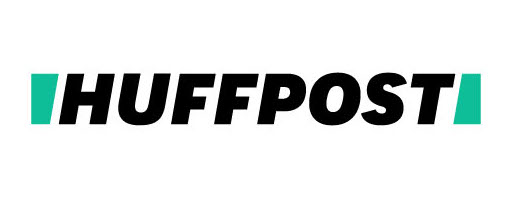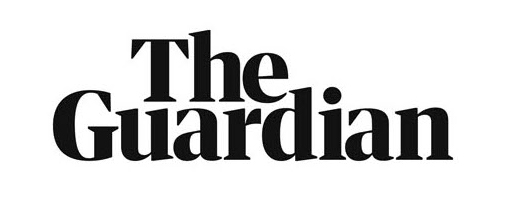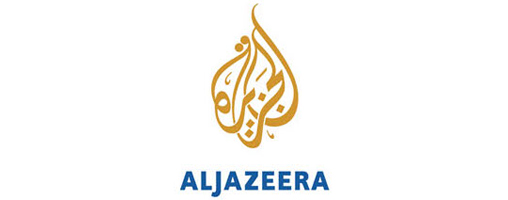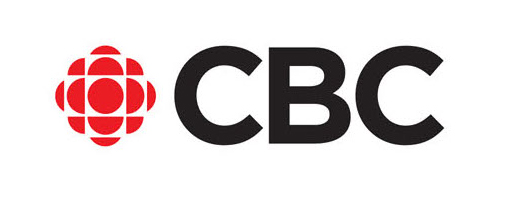An Interview with Kiran Gandhi
I was lucky enough to be able to chat with Kiran Gandhi and ask her a few questions about her experience!
I got my flow the night before the London Marathon and it was extremely painful. It would be my first marathon and I remember already feeling so nervous for it. I had spent a full year enthusiastically training hard, but I had never actually practiced running on my period.
I thought through my options. Running 26.2 miles with a wad of cotton material wedged between my legs just seemed so absurd. Plus they say chaffing is a real thing. I honestly didn’t know what to do. I knew that I was lucky to have access to tampons etc, to be part of a society that at least has a norm around periods. I could definitely choose to participate in this norm at the expense of my own comfort and just deal with it quietly.
But then I thought, If there’s one person society can’t eff with, it’s a marathon runner. You can’t tell a marathoner to clean themselves up, or to prioritize the comfort of others. On the marathon course, I could choose whether or not I wanted to participate in this norm of shaming.
2. Why was this an issue you wanted to bring attention to?
Because when you can’t talk about your own body normally, other people can use it to make fun of you. If you can’t talk about your own body, you don’t receive proper knowledge about your own body (e.g. Runnersworld, the well know running mag, only just now put out a piece about menstrual running facts, and they consulted doctors. http://www.runnersworld.com/run-matters/your-midrace-period-questions-answered ). More of those pieces should have been written and they should be as common knowledge to women as how to brush your own teeth. But they aren’t, and to me, that’s a problem.
It felt epic. It was the right choice because if you look at my time – we ran the entire marathon consistently, at the same pace from start to finish without stopping. My body didn’t have to worry about interference from a foreign object, or about chaffing, or about having to stop and start which would have been physically and emotionally deflating. Our bodies really had our back, and all of my training enabled us to run strong and finish the race together.
4. There has been a lot of media attention since the marathon ended, did you expect this?
I could never have expected anything like this, but to me it has become rapidly clear that women around the world have wanted to talk about their own periods and finally had a focal point around which to do so.
5. What do you hope to accomplish by making this statement?
I want to a) unearth the topic that periods exist, are currently taboo, and shouldn’t be for the aforementioned reasons, and b) use this conversation and gravity around the topic to then consider innovating solutions around periods both here and in developing nations. Moreover, I want to see reform in workplace and school environments whereby women can speak freely about their own discomfort and pain when they are experiencing it. Having to pretend like something doesn’t exist is oppressive. I really do believe that if men had their periods, it would be written into social norms, we’d know when they are in the work calendar, and it would be totally acceptable to postpone meetings or class if too many of the boys or men were experiencing their periods and in a lot of pain.
1) They can speak in their own communities more confidently about their own periods and bodies, so as to remove the shame of it and encourage other women to take charge and do the same.
2) They can look into incredible companies like SHE Innovates, THINX, Afripads or Saathi Pads – we have a list of partners in the works at the moment – and donate, volunteer or spread awareness about their work.
3) The most exciting one, is to innovate solutions, norms, and ideas that make women’s periods more comfortable for them and more socially acceptable for our communities, both in the western world and abroad!
Sabrina Rubli












